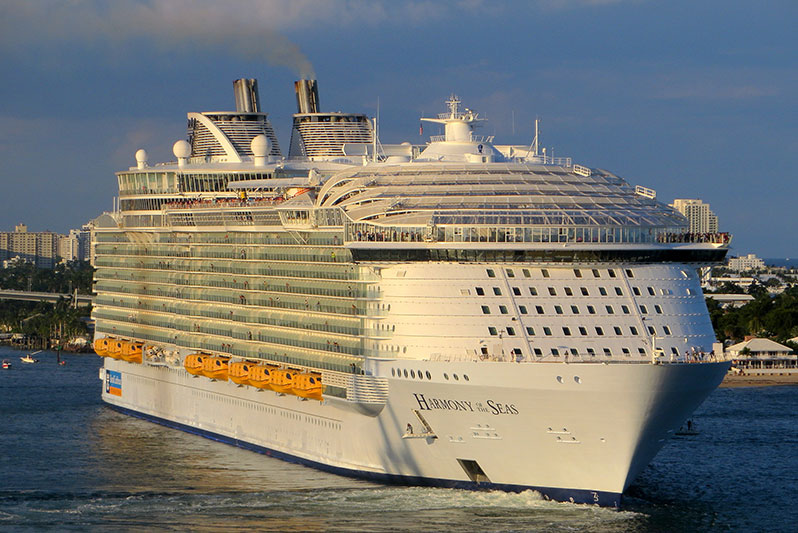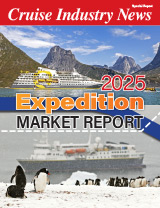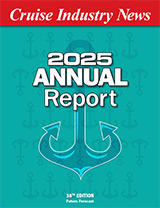Royal Caribbean Group announced a four-year extension of its investment in OceanScope, a data program that collects critical information for studying climate and ocean conservation, according to a press release.
The program includes collaboration with key program partners such as the University of Miami Rosenstiel School of Marine, Atmospheric, and Earth Science, NASA, and the National Oceanic and Atmospheric Administration (NOAA). The extension of the program comes after 20 years of ocean and marine life research from Royal Caribbean Group ships.
“At Royal Caribbean Group, every day is World Oceans Day – and we re thrilled to renew a program as impactful to oceanic research as OceanScope,” said Jason Liberty, president and CEO, Royal Caribbean Group. “We’re dedicated to sustaining our planet and delivering the best vacations, responsibly – and our decades-long support of this unique initiative is testament to that. We can’t wait to see how OceanScope, and our scientific collaborators progress our understanding of ocean health and conservation.”
Launched in 2002, the OceanScope program uses a set of oceanographic and meteorological instruments, located onboard Royal Caribbean Group ships that collect data on the ocean’s vital signs such as the structure of currents, sea surface temperature, carbon dioxide concentrations, and salinity.
“We are most grateful to renew our successful collaboration with Royal Caribbean Group,” said Dr. Peter Ortner, research professor of marine biology and ecology at the University of Miami Rosenstiel School of Marine, Atmospheric and Earth Science. “This is an extraordinary example of how private industry, academic research institutions, and government agencies are collaborating to amass an incredibly valuable dataset highlighting the intricate connection between the ocean, atmosphere, and climate.”
As of 2023, data has been collected from over 100,000 nautical miles sailed from Royal Caribbean’s ships sailing across the Caribbean Sea, Galapagos, North Atlantic and Mediterranean Sea.
“Sustained and systematic operations with automated instruments on a variety of platforms, including this innovative collaboration, is a key to maintaining and strengthening the World Meteorological Organization’s and Intergovernmental Oceanographic Commission’s Global Ocean Observing System to which NOAA is a major contributor,” said Rik Wanninkhof, a NOAA senior scientist and ocean carbon expert at the Atlantic Oceanographic and Meteorological Laboratory. “In particular, the CO2 surface temperature and salinity data from Royal Caribbean Group’s ships are major contributors to these ocean observing networks to determine the ocean’s carbon sink strength and ocean acidification.”




